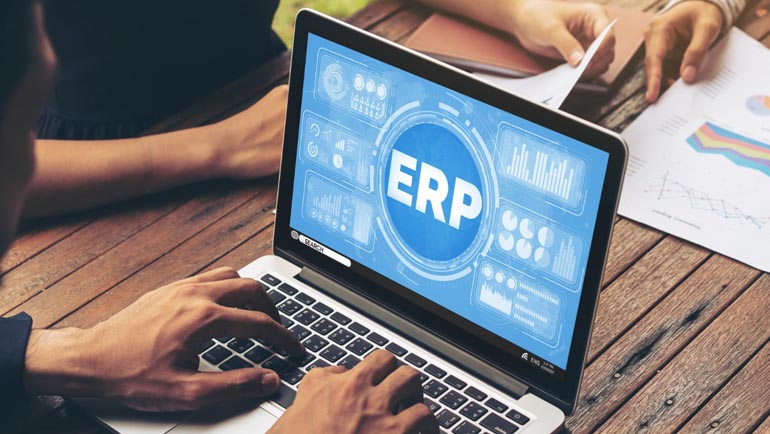
Small and mid-sized businesses (SMBs) face a unique challenge today. They must compete with global giants that operate at scale, invest heavily in technology, and respond faster to change. In such a scenario, asking how smaller companies can keep pace without the same level of resources is understandable and in many ways necessary, especially if you are an owner of an SMB.
One answer is the use of smart enterprise resource planning (ERP) software like SAP Business One for growing businesses. Modern ERP is no longer limited to large corporations. The global ERP market exceeds fifty billion USD and is growing at a double-digit annual rate. This growth reflects a clear trend. Businesses of all sizes now see ERP as a strategic tool, not just an operational one.
ERPs are helping level the playing field for SMBs. Are you curious how they are doing this? Read on.
Why Do the Giants Have an Upper Hand?
Besides their size allowing them to spread costs across many operations, big corporations can also negotiate better deals with suppliers. They have the funds, the technology, and many other things in their favor that SMBs do not.
What’s more, the giants have refined their workflows over time, ensuring fewer bottlenecks. Their experienced teams manage compliance, finance, and IT without overloading employees.
While this is not new information, understanding their advantages can help you learn and adapt. With limited resources but a smart ERP, you can understand your barriers and take action accordingly.
What Can Your Barriers Be?
SMBs face challenges beyond a tight budget. They can lag due to manual processes. For example, Finance, sales, and inventory are often managed in separate spreadsheets or small systems.
Leaders of smaller companies can struggle to plan or forecast accurately, as information can be scattered across departments, making it hard to see the full picture.
It also does not help that, without dedicated teams managing taxes, reporting, and regulations across borders, it is complex, and SMB employees wear many hats, leaving little time to explore or manage new technology.
According to the World Bank, 90 percent of businesses globally are SMBs, yet many fail to scale because they lack access to efficient digital tools. The good news is that smart ERP directly addresses many of these issues and can be a powerful asset when used within a well-designed startup platform that supports growth and efficiency.
How Smart ERP Levels the Playing Field?
A global study by Aberdeen Group found that firms using ERP report a 22 percent improvement in order accuracy and a 17 percent reduction in operating costs. For SMBs, these gains directly translate into better margins and stronger competitiveness. If you choose to use an ERP, it can provide the following benefits.
- Unified data and real-time insights.
Instead of juggling spreadsheets, leaders get a single source of truth. Real-time dashboards show sales, inventory, and finances in one place, improving decision-making and reducing costly delays.
- Automation of routine tasks.
Repetitive work such as invoice creation, order tracking, and reporting can be automated. This lowers the risk of human error and allows employees to focus on higher-value activities.
- Integration across functions.
ERP connects finance, supply chain, customer service, and sales. Teams work with shared data, making collaboration smoother and improving customer experience.
- Scalability for growth.
Modern ERP grows with the business. Companies can start small, add modules later, and expand into new markets without replacing systems.
The Future of ERP and What It Means for SMBs
ERP is not just a back-office tool like it used to be. As it continues to advance, the coming years will make it even more valuable for smaller businesses. Advances in technology are breaking down barriers that once gave only large enterprises the edge.
- Cloud deployment makes ERP affordable and flexible. Businesses no longer need heavy infrastructure or high upfront costs.
- Artificial intelligence adds intelligence to operations, helping predict demand, identify risks, and guide decision-making.
- Mobile and remote access ensure teams stay connected wherever they are, which is vital in today’s global and hybrid work environment.
- Tailored industry solutions give SMBs tools that reflect their specific needs, whether in manufacturing, retail, or professional services.
Endnote
While big corporations will always have scale, with smart ERPs, smaller companies can move faster, operate smarter, and deliver experiences that build loyalty. It also enables start-ups and established businesses, no matter their size, to stay competitive and thrive if they act early, embrace technology, and use ERP as a platform to compete on equal terms.



